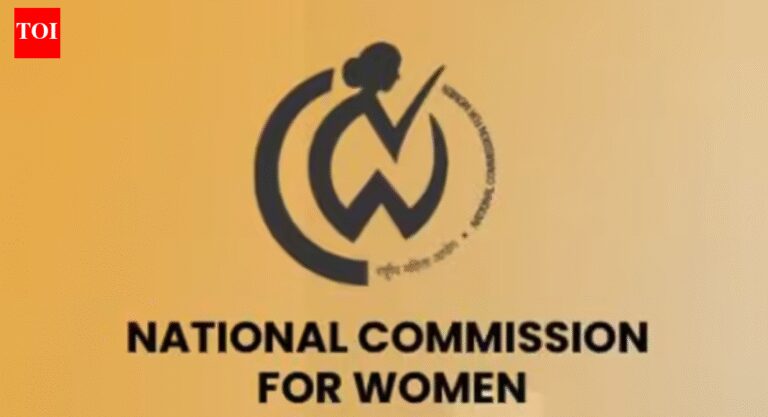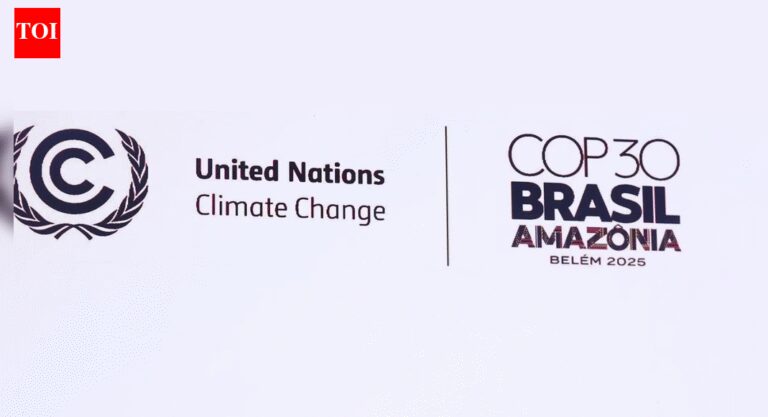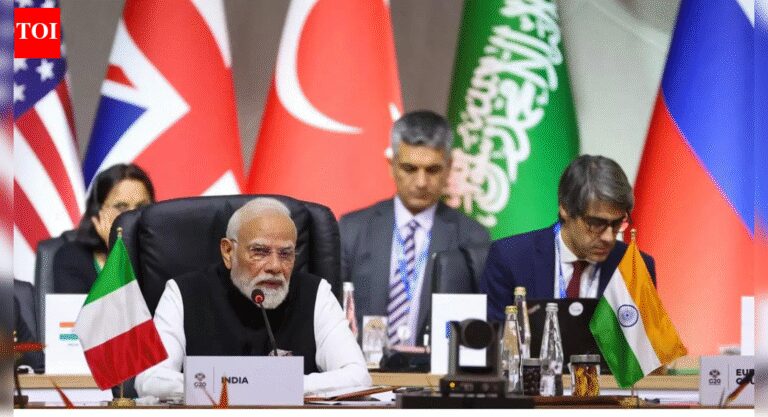
In a decisive step to improve career outcomes for Indian students in Britain, the Indian National Students Association (INSA) UK has partnered with AI-driven career platform Creoo to establish the Indian National Students Employability Council (INSEC). The announcement, as reported by PTI, was made during the India-UK Student Leadership Summit held at the UK Parliament this week, addressing a growing concern for the roughly 166,000 Indian students studying across the country — their diminishing job prospects.
A national body with real muscle
According to details shared with PTI, INSEC is being positioned as the first national organisation focused exclusively on boosting the professional prospects of Indian students in the UK. While numerous panels have examined international student issues over the past few years, INSEC’s founders argue that what students need now is action, not more discussions.Ayesha Goyal, CEO of Creoo, noted that more than 36 panels have met in the last 18 months to debate international student challenges, yet students continue to see very little improvement. She stressed that INSEC aims to shift the conversation from rhetoric to concrete solutions.
Roadshows, research, and representation
As part of its initial rollout, INSEC plans to conduct a National Career Roadshow across leading universities such as the London School of Economics, UCL, and King’s College London. The programme will bring mentorship, employer engagement, and targeted career support directly to campuses.Inputs shared with PTI indicate that the council will also launch the first nationwide study on “Indian Student Outcomes” early next year. The research will examine key indicators such as job placements, salary patterns, employer responses, and how many graduates secure work sponsorships. Following the study, INSEC will set up a National Advisory Board to ensure policymakers, universities, and employers hear directly from Indian student representatives.
Students speak out on silence from employers
One of the driving forces behind INSEC’s creation is the repeated complaint from Indian graduates about employers not responding to job applications. INSA UK’s National President Amit Tiwari highlighted this frustration in remarks shared with PTI, questioning the value of education in the UK when students receive “no response at all” from potential employers.This concern is further amplified by the UK’s Graduate Route visa, which allows international graduates to stay and work for up to 18 months. Despite this pathway, many Indian students report being rejected immediately or receiving no communication from companies — raising concerns about bias in hiring practices.
Advocacy and policy engagement
INSA UK, as reported by PTI, is already in talks with the High Commission of India and the UK’s Foreign, Commonwealth & Development Office (FCDO). The goal is to encourage the UK government to educate employers about the Graduate Route and ensure Indian students are treated fairly within the hiring ecosystem.
Building a community, not just a network
The summit, which brought together lawmakers, student leaders, and community members, also highlighted the broader need for representation. As PTI reports, labour MP Navendu Mishra urged students to remain connected to their community in the UK to avoid misrepresentation.In the lead-up to INSA UK’s 10th anniversary, General Secretary Ranjeet Singh described the initiative as a call to leadership for Indian youth. Lord Krish Raval, a member of the House of Lords, encouraged students to volunteer and participate in local networks, noting that their cross-cultural experience gives them a unique advantage.
Why INSEC matters
For many Indian students, studying in the UK has always been tied to aspirations of building a global career. However, the gap between their qualifications and the responses they receive from employers has widened in recent years. By combining research, policy advocacy, and direct engagement with employers, INSEC aims to reshape the way Indian students navigate the UK job market — turning individual frustration into a collective movement for change.
(With inputs from PTI)







